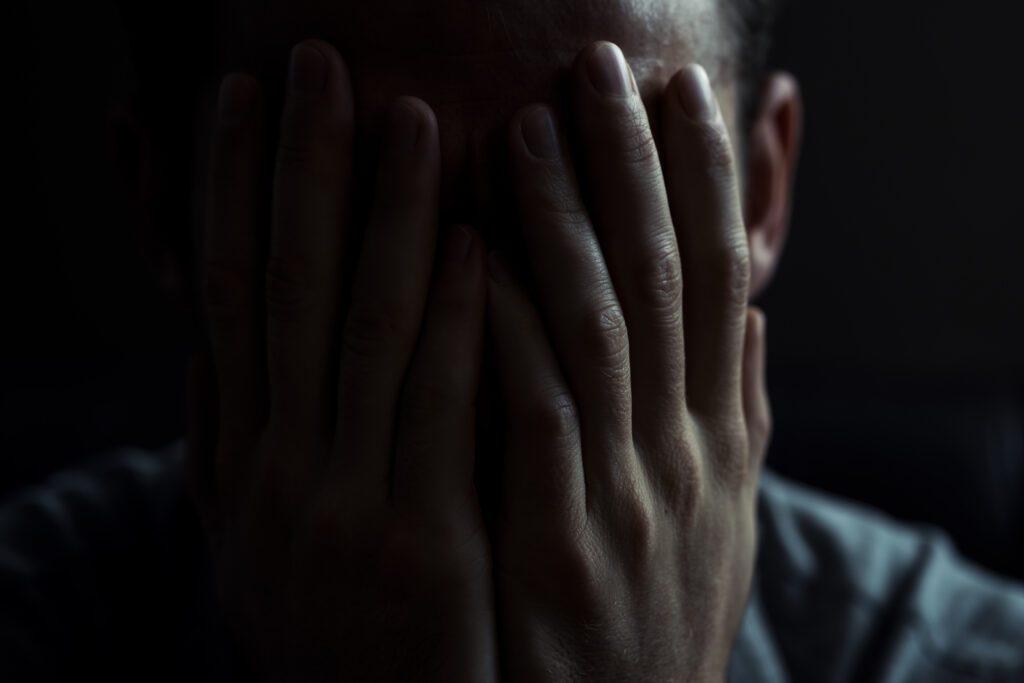by TERESA SCHIFFER
Sponsored by Central Florida Health Care
Every 11 minutes, someone in the United States dies by their own hand. Scary, isn’t it? Suicide is within the top 10 leading causes of death for every demographic between the ages of 10 to 64. Even scarier is the fact that an estimated 12.2 million American adults seriously considered suicide in 2020, according to the CDC, with 1.2 million individuals attempting to take their own lives and 45,979 of those people tragically succeeding in the effort.
September is National Suicide Prevention Month. Striving to foster honest, open communication about this difficult subject is the first step toward reducing the stigma associated with suicide and other mental health issues.
Ruth Delva, Licensed Clinical Social Worker at Central Florida Health Care, weighs in on how we can support ourselves and those in our lives who may be experiencing mental health challenges and how to recognize individuals at risk of harming themselves.
“It can really affect anybody at any time,” Delva reminds us. “Usually, we’ll see more suicidal ideations, or plans, or intent to harm themselves with people who have depression or any kind of mental health disorders.”
She goes on to describe some of the warning signs she has noticed in her patients in the past.
“Any dramatic mood changes, having depression or any kind of mental health disorders, having prior suicidal attempts or engaged in any form of self-harm, those abusing substances or alcohol, exposure to any kind of family or friends who have already committed suicide, those are some warning signs,” she explains. “Feeling hopeless, feeling agitated, especially someone who has chronic illnesses, in debilitating pain constantly feeling agitated or lacking sleep, having no hope, or feeling like they can’t get anything done. Those are different warning signs that I would typically see in patients that come to me for talk therapy.”
It can be frightening to see someone you know or love exhibiting these types of symptoms, so it’s important to know how to respond to someone in need, especially if they seem to be in crisis. Do not hesitate to call for help in any situation where you believe a person is at serious risk of hurting themselves or someone else.
“If you feel like that person is in imminent danger of causing harm to themselves or others, the very first thing you should do is call 911 because you don’t want to be around a person who is saying, ‘I am suicidal,’ and they already have a gun or knife or something else that can cause harm and actually commit suicide in front of you,” Delva advises. “Call 911, get law enforcement involved to come in, do their assessment, and transport them to a local receiving hospital in order for them to be taken care of and seen by professionals.”
In a less dire situation, one in which you or someone else is having thoughts of suicide but without a plan or real intent to do harm, it is still wise to consult with a therapist or other mental health care worker. You can reach out to the professionals at Central Florida Health Care or contact the 988 Suicide & Crisis Lifeline. The 988 Suicide & Crisis Lifeline is free to use and available 24 hours a day, every day of the year, to anyone who is in distress, crisis, or is concerned about someone they care about. Simply call or text “9-8-8” to reach a trained counselor any time of the day or night. Please, if you or someone you know is struggling, don’t wait – tomorrow may be too late.
